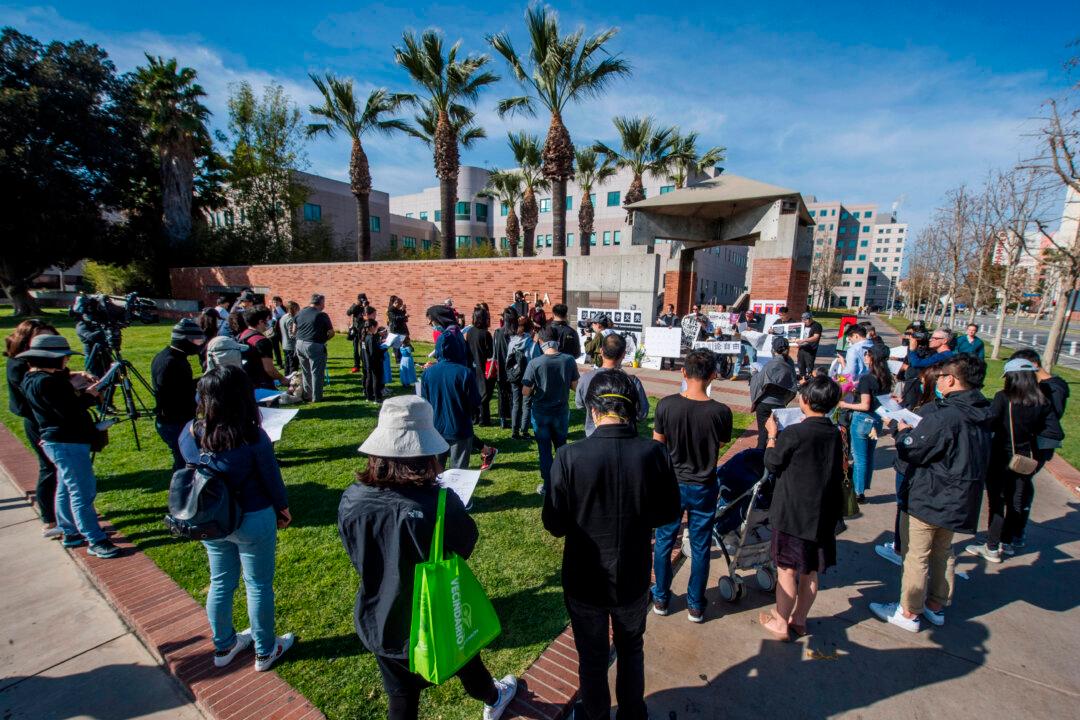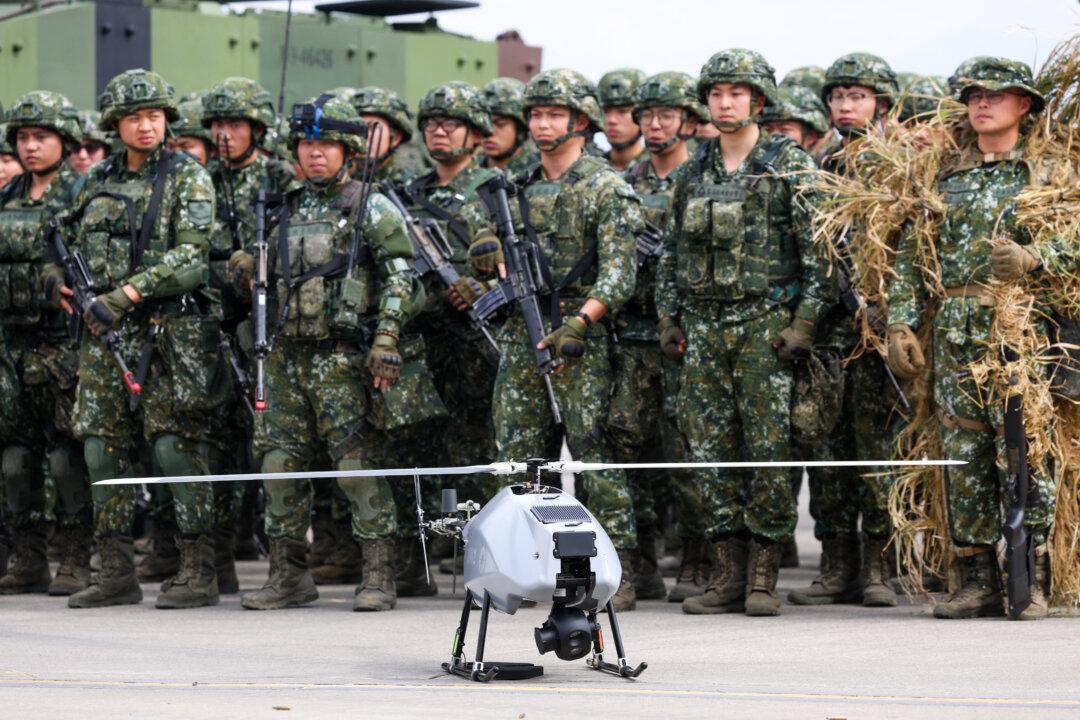The Chinese Communist Party has created a “climate of fear” in an attempt to keep Chinese international students from engaging in topics considered taboo by Beijing, according to a new report from rights group Amnesty International.
Amnesty researchers spoke with 32 Chinese international students studying in eight countries in Europe and North America between October 2023 and December 2023, including the United States, the UK, Canada, France, Germany, Switzerland, and Belgium. They found that the students were compelled to self-censor and held back on political activism out of fear of repercussions from the Chinese regime.





